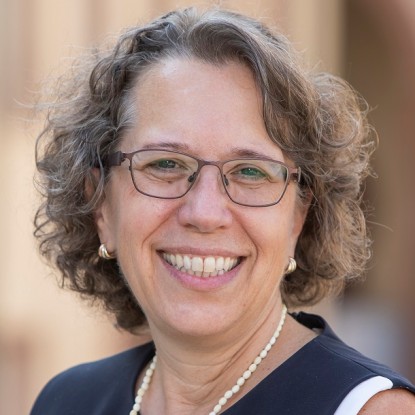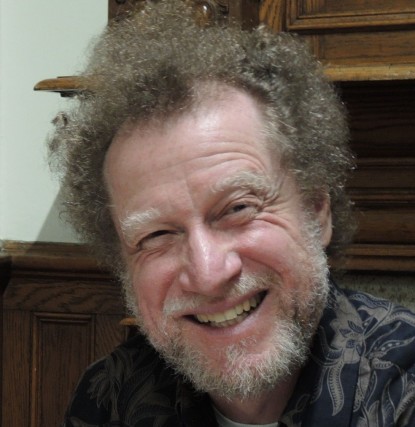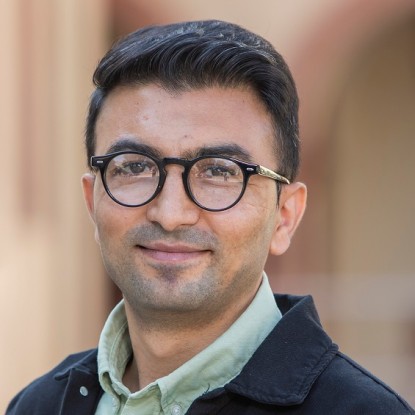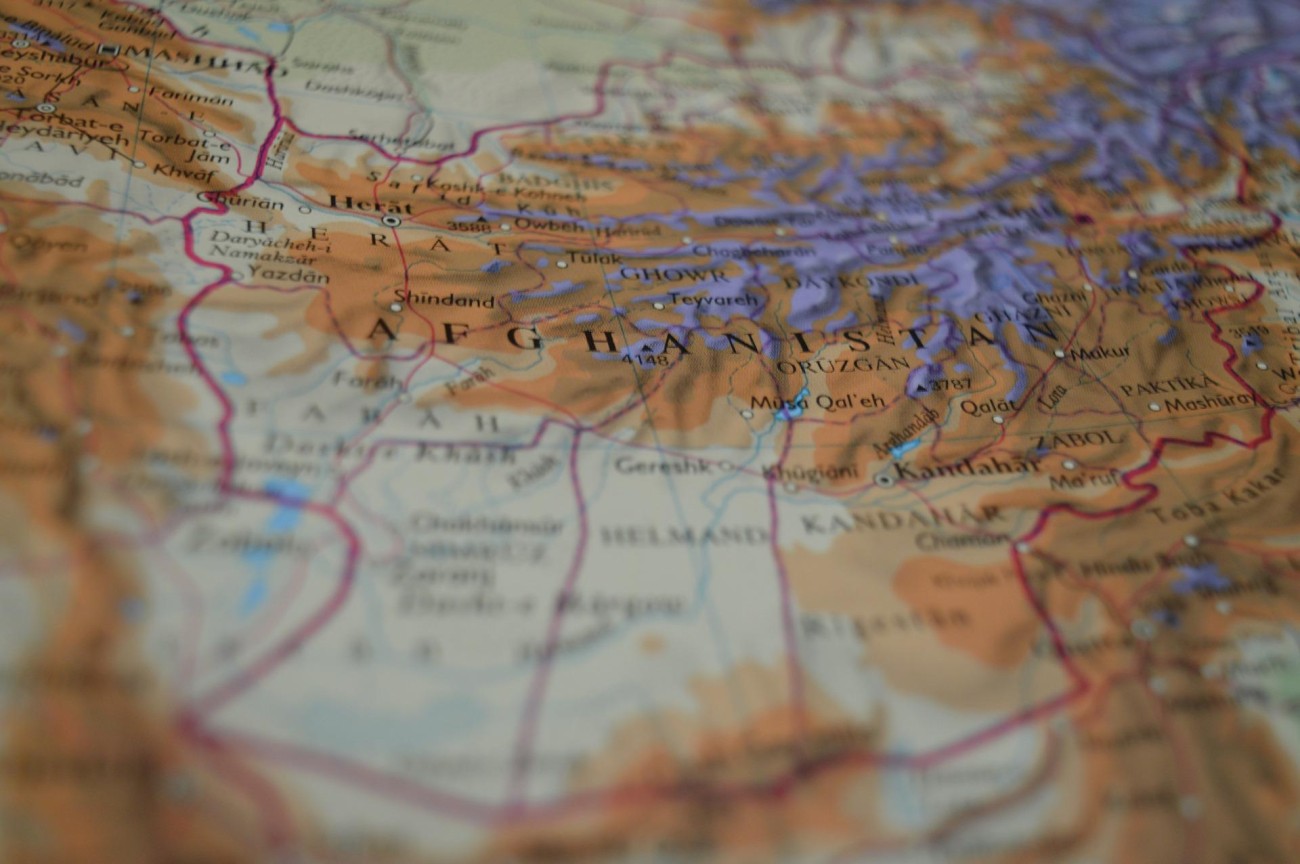The project aims to explore the functioning of humanities and social sciences in general and political science in particular to produce new knowledge, inform public discourses and policy decisions to facilitate and promote peace and public wellbeing in Afghanistan. The humanities and social sciences, especially political science, do not seem to have succeeded in doing this in Afghanistan so far. The project assumes that universities have been pursuing a rather passive teaching and learning pedagogy with the absence of questioning or curiosity.
Thus, the project therefore poses the following central research questions: (1) How far does the curriculum, pedagogy in political science at various levels of higher education contribute to public intellectualism in the context of Afghanistan? (2) To what extend do the universities, particularly in the political science department, conduct rigorous scientific research to produce relevant knowledge to feed the public discourses and policy decisions in Afghanistan? (3) How can political science and political institutions promote peace and public wellbeing in Afghanistan?
The study will focus on the functioning of humanities and social sciences in general and political science in particular to inform the socio-economic arrangements in Afghanistan in the light of the capabilities approach. The capabilities approach assesses the sociocultural and economic determinism on political arrangements to dig out the real challenges hampering the freedom and well-being of the people.
Empirically, the study will rely on document analysis as well as interviews with elites outside and – if possible – inside the country. The time period will include the time before as well as after the take-over of the Taliban regime.
Funding institution: VolkswagenStiftung
Funding period: 01.06.2022 – 31.05.2024
Funding budget: € 144.300
| Name | Working area(s) | Contact | |
|---|---|---|---|
| Professors | |||

Picture: IfP
| Prof. Dr. Michèle Knodt Chair | Project Leader | Comparative Politics and European Integration | knodt@pg.tu-... +49 6151 16-57353 S3|12 439 |
| External lecturers | |||

Picture: U. Müller
| Honorarprof. Dr. Ulrich Müller Part-time Lecturer | Project Leader | Institut of Political Science, GIZ | ulrich.mueller@giz.de |
| Past employees | |||

Picture: IfP
| Mohammad Ajmal Behmanish M.A. Research Associate | Doctoral Candidate | Comparative Politics and European Integration | |


